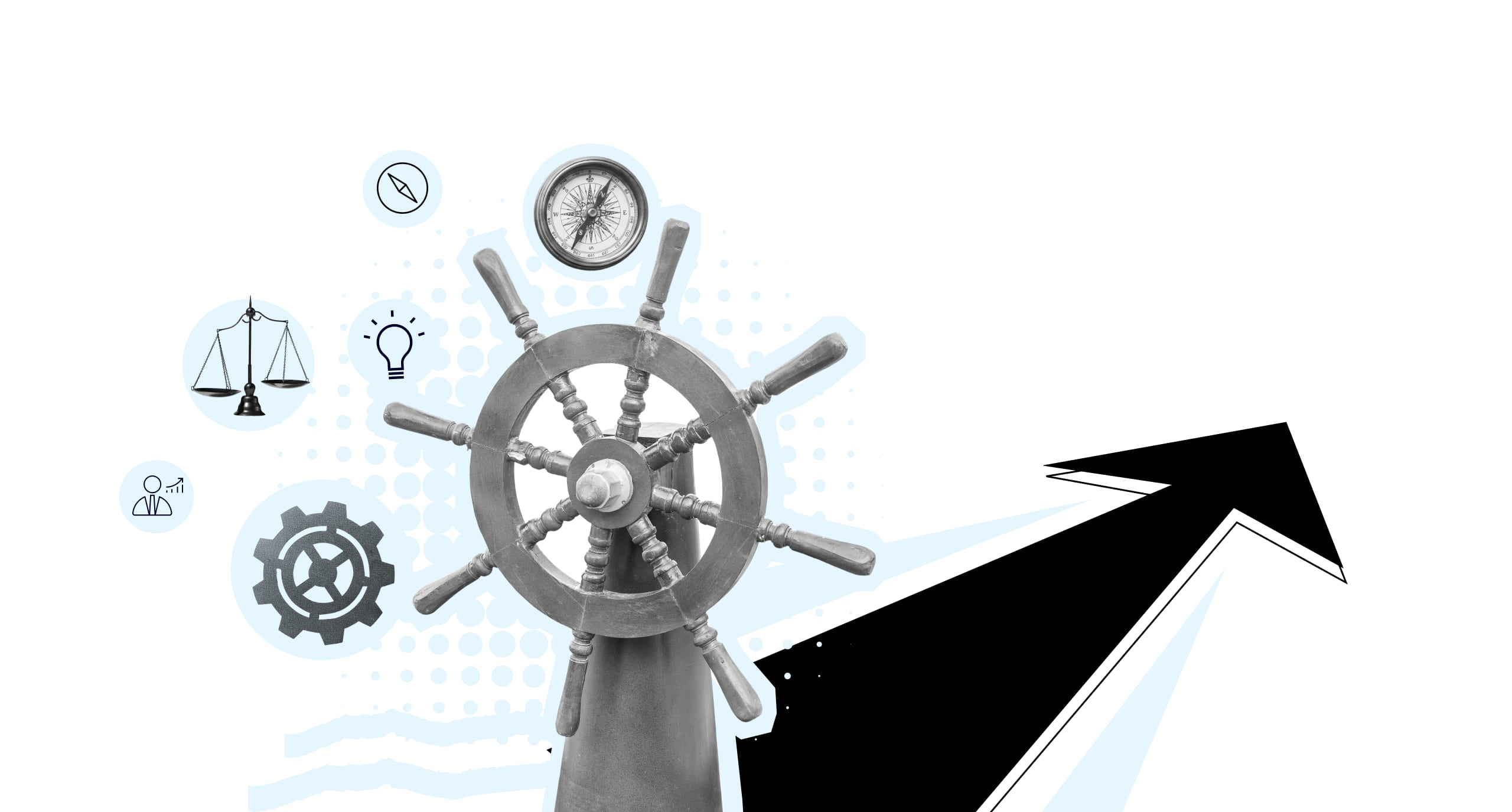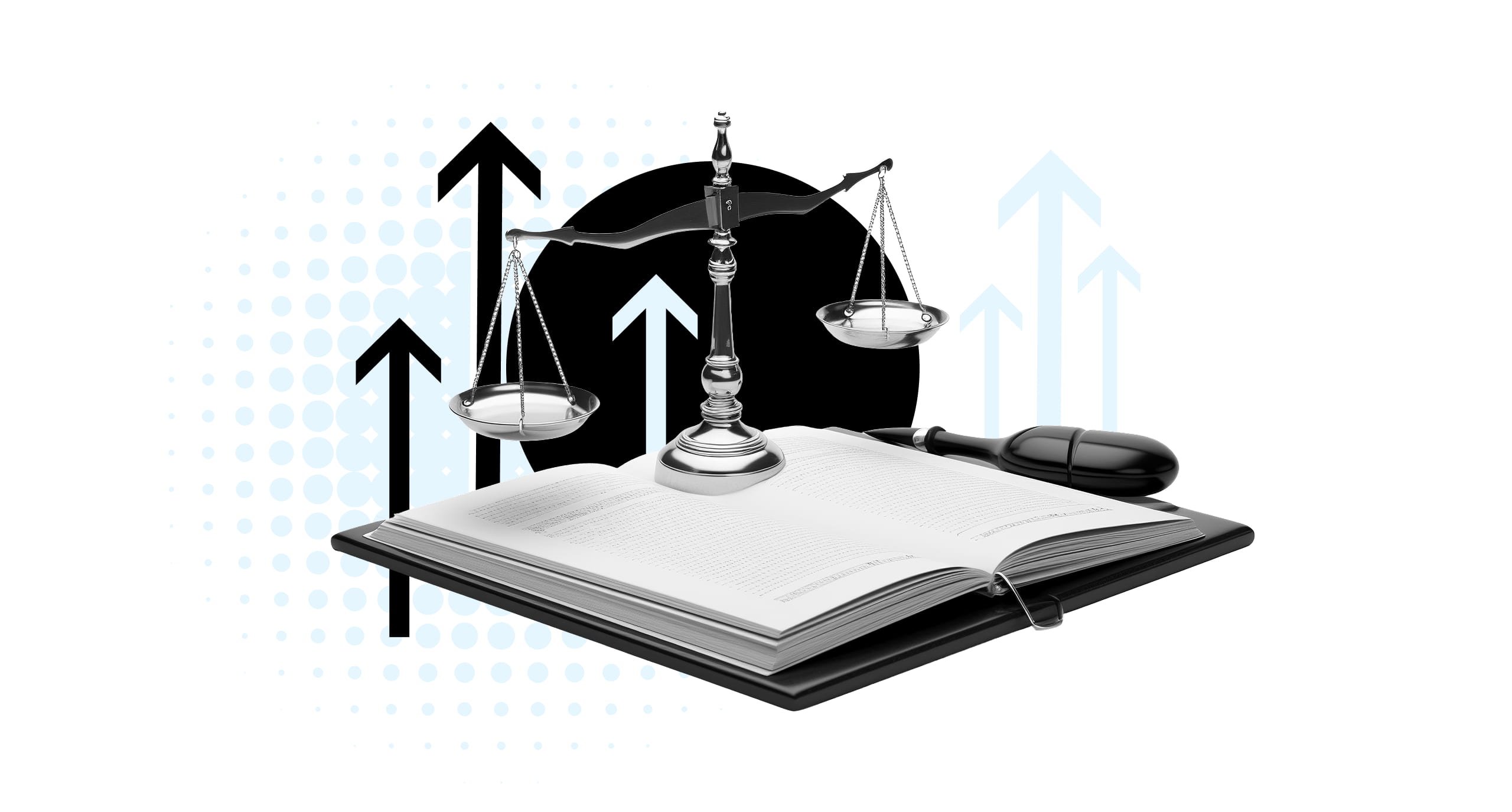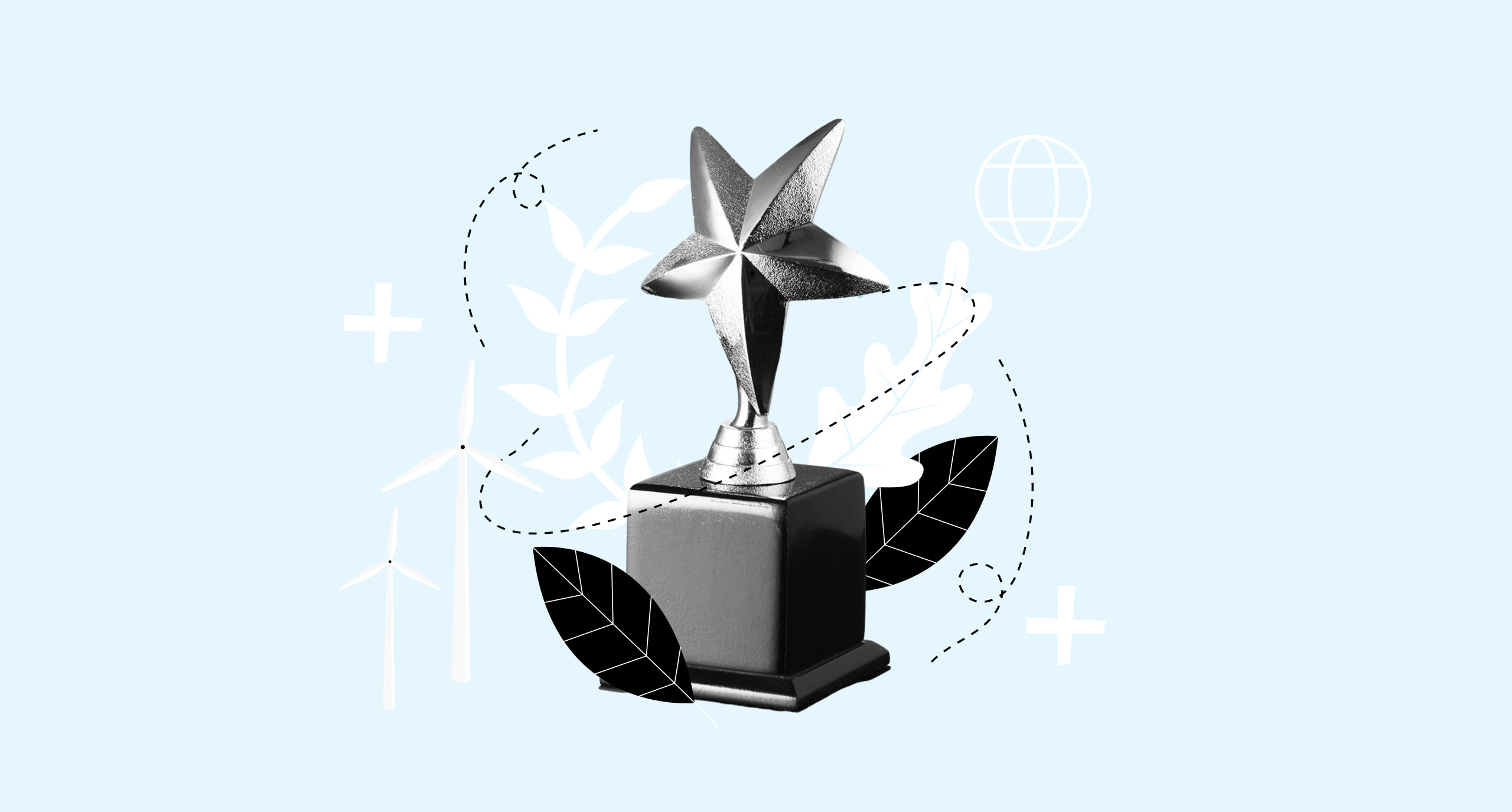The big news: Sustainability in business is shaping growth across industries. No, it’s not an ideal. It’s happening already. Consumers are more informed. Investors are more demanding. Regulators are more precise. And businesses that treat sustainability as a side project are discovering just how exposed that makes them.
This article offers a clear, grounded guide to sustainability in business: what it means in practice, why it matters at a strategic level, how it influences profitability, and how companies – large and small – can embed it into real operations. No buzzwords. No green gloss. Just the logic behind why sustainability now defines serious business leadership.
What does sustainability mean in a business context?
Sustainability in business refers to the way a company operates today without undermining its ability to operate tomorrow. It is the strategic integration of environmental, social, and economic considerations into the core of how value is created, not an add-on or communications exercise.
At its foundation, sustainability in business requires companies to reduce negative environmental and social impact while maintaining long-term economic viability. This balance is often captured through the triple bottom line: people, planet, and profit. But in practice, it shows up as decisions on how resources are sourced, how workers are treated, how emissions are managed, and how the business model holds up over time.
Strong corporate sustainability practices embed these decisions into everyday operations. Sustainability becomes part of how products are designed, how supply chains are selected, and how leadership measures success, rather than something isolated within a CSR team or annual report.
Why should companies integrate sustainability into their strategy?
Sustainability becomes strategic once its real-world consequences are understood. Businesses that integrate sustainability into decision-making strengthen resilience and also position themselves for long-term relevance.
1. Reputation
it protects against operational and reputational risk. Regulatory pressure, carbon pricing, supply chain instability, and reputational fallout from greenwashing are no longer hypothetical. They are measurable forces shaping profitability and brand survival.
2. Positioning
Second, it strengthens competitive positioning. Companies that demonstrate authentic commitment to sustainability build trust with customers, attract values-driven talent, and differentiate themselves in saturated markets where brand meaning matters.
3. Innovation
Third, it accelerates innovation. Circular models, renewable energy, sustainable packaging, and low-impact logistics generate new revenue streams and redefine how products are delivered. Sustainability becomes a catalyst for reinvention.
How does sustainability impact profitability?
There is still a lingering assumption that sustainability reduces profit. Reality tells a different story.
Sustainable operations frequently lead to direct cost reduction through lower energy usage, reduced waste, improved material efficiency, and streamlined logistics. Over time, these efficiencies translate into stronger margins and operational stability.
On the revenue side, sustainability opens doors to new markets, premium pricing, and customer segments that actively prioritize ethical purchasing. It enhances brand credibility and increases lifetime customer value through trust.
Perhaps most critically, sustainability supports long-term risk resilience. Companies that anticipate regulatory tightening, climate volatility, and resource scarcity are better positioned to sustain profitability than those reacting late. In this sense, sustainability underwrites financial foresight.
The link between sustainability and profit is not ideological. It is structural, operational, and increasingly measurable.
What are some real-world examples of sustainable businesses?
Sustainability becomes credible when it moves from claims to practice. These business sustainability examples demonstrate how sustainability functions across sectors and scales.
Patagonia
Patagonia integrates recycled and regenerative materials into its supply chain while maintaining supply transparency and environmental activism at brand level. Sustainability shapes both product and identity.
IKEA
They’ve committed to a climate-positive supply chain by 2030, prioritizing circular design, renewable sourcing, and long-term material responsibility.
Apple
Apple continues to expand its use of recycled materials and renewable energy while pushing suppliers toward measurable sustainability commitments.
Grupo Bimbo
This company invests heavily in renewable energy, electric vehicle logistics, water footprint reduction, and responsible packaging innovation.
How can small businesses start adopting sustainable practices?
Sustainability does not require perfection from day one. It requires intention, structure, and strategic focus. Small businesses should begin with clarity: understanding where their environmental and social impact is highest. Energy use, waste, packaging, transportation, and procurement are natural starting points. Even a basic operational audit creates direction.
From there, implementation should focus on high-impact, low-cost changes. Reducing paper dependency, improving energy efficiency, switching to sustainable packaging, or sourcing responsibly are practical and scalable steps.
Corporate sustainability practices thrive when leadership embeds sustainability into culture, not just operations. Training employees, setting measurable goals, tracking performance, and communicating progress all contribute to sustained momentum.
Benefits of sustainability in business
Sustainability in business is not branding language. It is strategic infrastructure. It shapes how companies manage risk, innovate responsibly, attract talent, secure investment, and deliver lasting value.
By embedding sustainability into structure, decision-making, and performance metrics, businesses align profitability with responsibility. That alignment is now the baseline for relevance in an increasingly conscious global economy.
What is sustainability in business in education?
Sustainability has become a defining advantage for companies ready to rethink how business is done. The Master in Sustainability & Business Transformation at IE Business School prepares professionals to operate at this intersection of impact, strategy, and performance.
What’s more, this program trains you to integrate ESG frameworks through a strategic and financial lens, converting complex sustainability principles into decisions that deliver measurable business value. You will engage with real-world case studies, practical methodologies, and immersive learning designed to build leadership for modern transformation.
You’ll develop the tools to lead sustainable change across consulting, finance, strategy, and operations, while cultivating the mindset required to connect profitability with purpose.

So, are you aiming to shape corporate sustainability strategies, advise on ESG transformation, or lead innovation initiatives? Find out more about this program to position yourself for a future-proof career.
Start your education on sustainability in business
Find out how the Master in Sustainability & Business Transformation delivers education for the future.

Benjamin is the editor of Uncover IE. His writing is featured in the LAMDA Verse and Prose Anthology Vol. 19, The Primer and Moonflake Press. Benjamin provided translation for “FalseStuff: La Muerte de las Musas”, winner of Best Theatre Show at the Max Awards 2024.
Benjamin was shortlisted for the Bristol Old Vic Open Sessions 2016 and the Alpine Fellowship Writing Prize 2023.


















